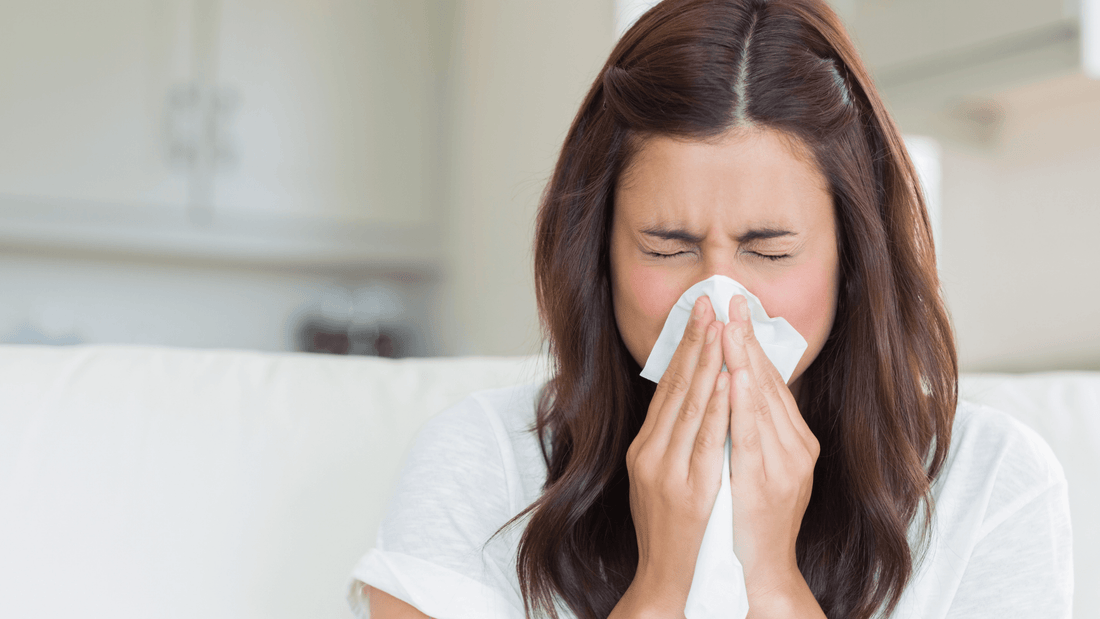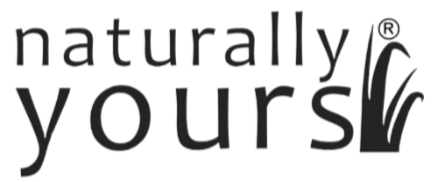
What's causing my morning sneezing fits?
Naturally YoursShare

Hippocrates has quoted that sneezing is hazardous only prior to or following a pulmonary disease. Else it is healthful even in person with fatal illness.
Sneezing is the defensive reflex action that sometimes indicates several medical conditions.
Basically, sneezing is the sudden, forceful removal of air from the lungs via nose and mouth, mainly caused due to irritation of nasal mucosa.
It could be triggered by various factors like immediate exposure to bright light or sun, physical irritants, psychogenic pathologies, a full stomach, or sexual ideation.
So, in this article we’ll look at various factors that cause sneezing:
1. Rhinitis
Sneezing is the protective reflex mechanism that more often follows rhinitis of the allergic or non-allergic source.
Rhinitis is the inflammation of nasal mucosa which primarily causes nasal stuffiness, Rhinorrhea (runny nose or constant discharge of watery mucous from the nose), nasal itching, sneezing, and more (Bousquet et al. 2001).
2. Allergic rhinitis
It is one of the main culprits for morning sneezing which is also noted as hay fever.
It is the hypersensitive immune response that our body shows against certain allergens like pollen, dust, dirt, pets, pest, and mites.
So, sneezing is one of the ways to clear out allergens from the body by forceful expulsion of air via nose or mouth. These allergens enter through the nose and cause inflammation of the mucosa lining the nasal passage by activating IgE-mediated immunity.
Thus, sneezing, itching, runny nose, nose blockage are common symptoms of allergic rhinitis.
3. Infectious rhinitis
Common cold, more likely to be caused by rhinovirus or influenza virus, also quoted as viral infection.
We all are frequently affected by this may be due to seasonal change, close contact with an infected person, and touching of any objects contaminated with the virus.
Sneezing, high fever, nasal irritation, fatigue, and headache are familiar symptoms of rhinitis.
4. Non-allergic non-infectious rhinitis
It is most commonly manifested by sneezing attack, watery discharge, runny nose and nasal stuffiness but not caused by allergic rhinitis or any virus.
Non-allergic rhinitis with eosinophilia syndrome (NARES) and vasomotor rhinitis come in this category and often confused with allergic rhinitis.
Immediate exposure to colder or warmer air in the morning, certain medications, foods, beverages, odors, or airborne stimulants, etc. could trigger non-allergic rhinitis.
5. Occupational rhinitis
Occupational rhinitis may be activated by inhaling cigarette smoke, perfume, cold air, formaldehyde, or any other chemical irritants in the working area (Dykewicz et al. 1998; Stevens, 1991).
6. Sneezes when exposed to bright light (photic sneeze reflex)
It seems bizarre but yes, some people actually sneeze when they are exposed to any bright light or sun which is scientifically known as ACHOO (autosomal dominant compelling helio-ophthalmic outburst) syndrome (Collie et al. 1978). The reason why this happens is still non-conclusive.
7. Sinusitis
Sinusitis or sinus may aggravate your sneezing fit as you woke up in the morning.
This may be due to irritation of nasal passage which may further stimulate the flow of mucous.
8. Breathing in dry air
Nowadays, we all spend most of our time in air conditioners, while at home, at the office or even during travelling or sleeping in night.
This long term exposure to dry air or air conditioners makes your nasal passage drier which consequently triggers morning sneezing fit as you awake.
Conclusion

Sneezing is the protective reflex action. It is beneficial to us unless suffering from any respiratory or pulmonary diseases.
It is the body cleansing mechanism that clears out hazardous stimulants or irritants from the body through nose or mouth. Most people sneeze as they wake up in the morning this might be because of prolonged exposure of common airborne pollutants at night while asleep.
Additionally, pollen counts of various plant species are usually high in the morning.
So, folks who are allergic to pollens may trigger a sneezing attack.
However, there are so many factors that could trigger your morning sneezing fits such as different forms of rhinitis, dry rooms or air conditioners, bright light, and sinus.
Nonetheless, allergy is not curable but your allergy or exposure to allergens may aggravate your sinus symptoms or any other pre-existing respiratory conditions.
Therefore, it is advisable to use any precautionary action in order to avoid contact with allergens.
References
Bousquet, J., van Cauwenberge, P., Khaltaev, N. and the ARIAWorkshop Group (2001) World Health Organization.Allergic rhinitis and its impact on asthma. J Allergy ClinImmunol 108(Suppl.): 147_334.
Dykewicz, M.S., Fineman, S., Skoner, D.P., Nicklas,R., Lee, R. and Blessing-Moore, J. (1998) Diagnosis and management of rhinitis: complete guidelines of the joint task force on the parameters in allergy, asthma and immunulogy. Ann Allergy Asthma Immunol 81: 478_518.
Stevens, H.E. (1991) Allergic and inflammatory aspects of chronic rhinosinusitis. J tolaryngol 20: 395_399.
Collie, W.R., Pagon, R.A., Hall, J.G. and Shokeir, M.H. (1978) ACHOO syndrome (autosomal dominant compelling helio-ophthalmic outburst syndrome). Birth Defects Orig Artic Ser 14: 361_363.
ABOUT THE AUTHOR

Neha Singh, Msc(Hon.) Food and Nutrition
Neha is a sports nutritionist who loves to write on topics related to nutrition and encourage healthy eating for a wholesome lifestyle.
